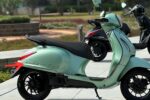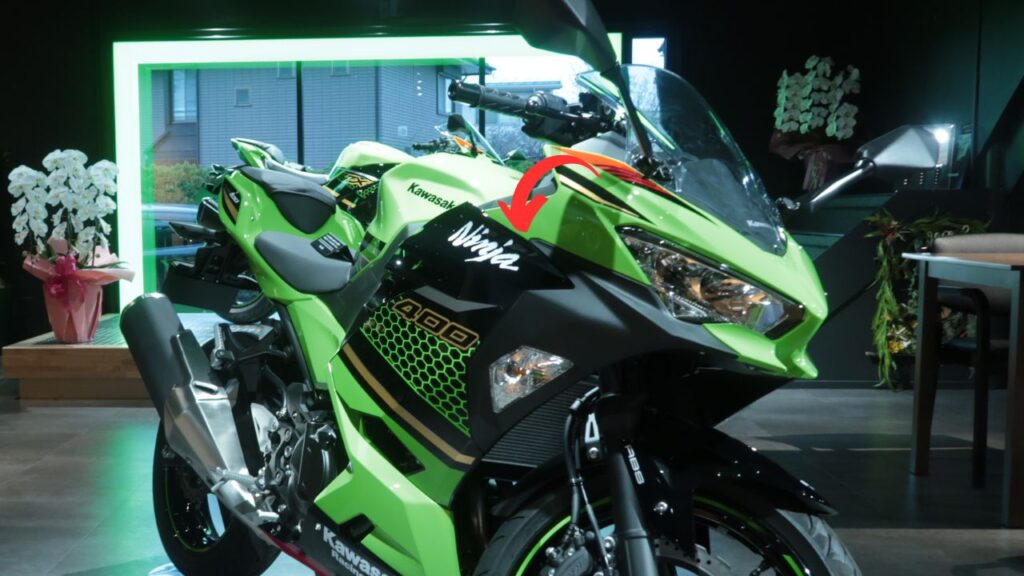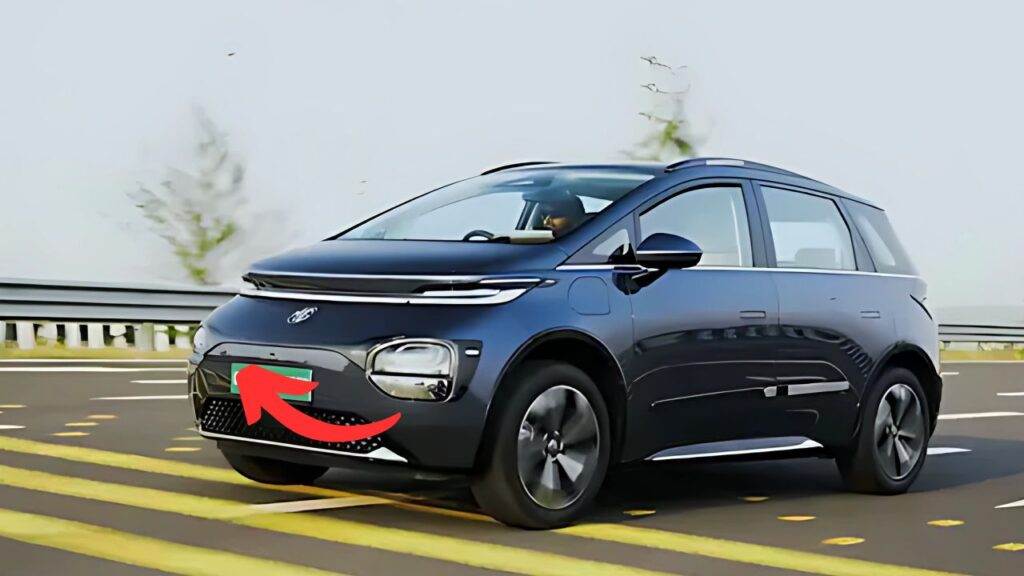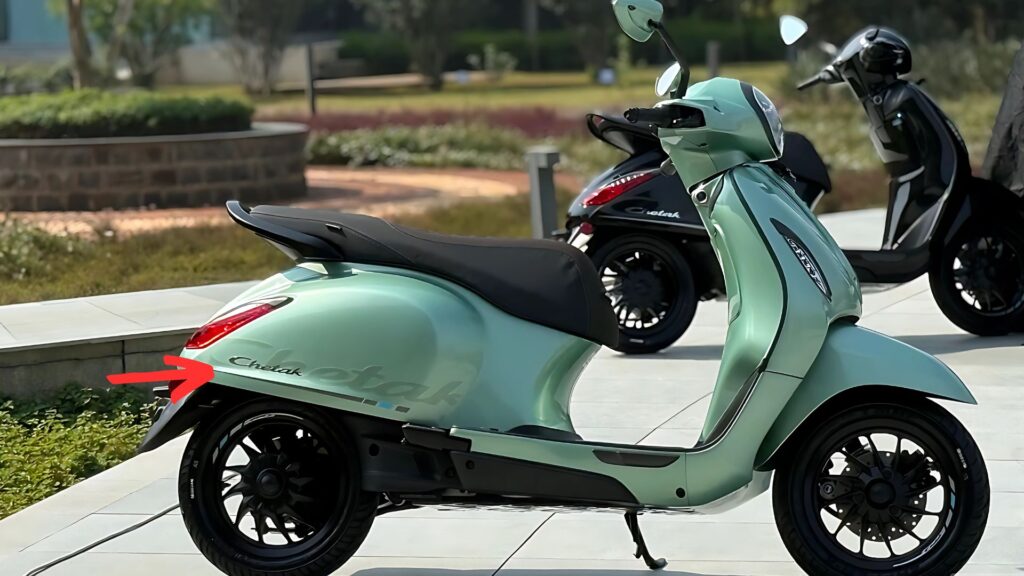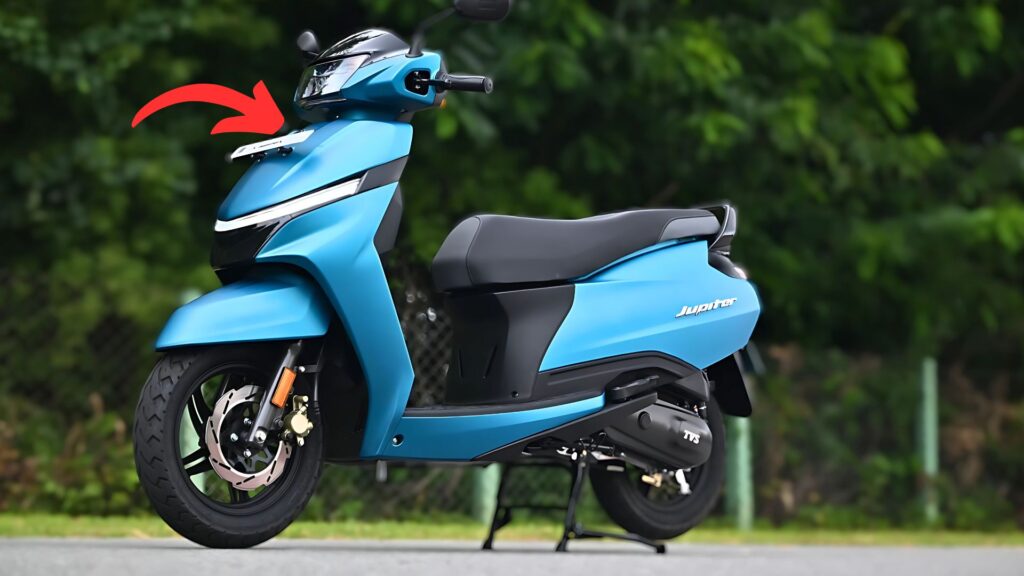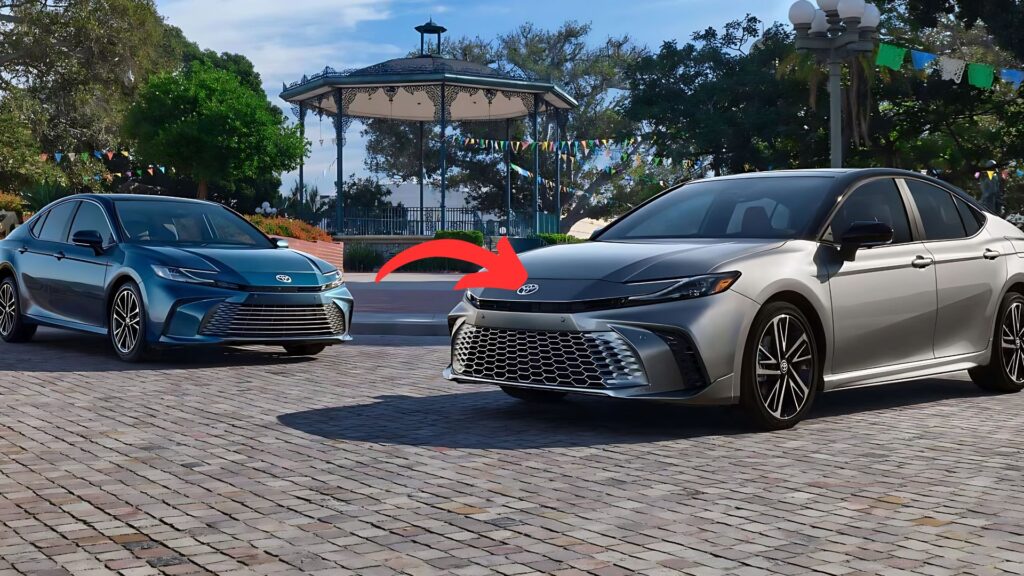The Royal Enfield Hunter 350 has created something of a niche for itself in the entry-level sportsbike category, and has waged war against seasoned rivals with its mix of retro design and contemporary tech. Let’s now deep dive into how it compares with its rivals, especially when it comes to pricing, specifications and the value it brings to the table.
Table of Contents
Performance and Specs of the Engine

The Hunter 350 is driven by Royal Enfield’s newly developed J-series motor – a 349cc, single-cylinder engine that makes 20.2bhp at 6,100rpm and 27Nm at 4,000rpm. The air-oil cooled now a more refined and fuel-efficient unit than the old engines the company used to use.
Competitors: The Honda CB350RS comes with a 348.36cc single-cylinder that is rated at 21 bhp and 30 Nm, when compared to its key rivals. The Yamaha FZ-X, another rival, employs a 149cc engine that makes 12.2 bhp and 13.3 Nm output, placing it in a lower displacement segment.
Another option would be the Bajaj Pulsar P150 that houses a 149.68 cc engine powering up 14.5 bhp and 13.5 Nm of torque. Those competitors offer various sizes of displacement, but the 350’s bigger motor is a leg up when it comes to low-end grunt and highway driving ability.
Pricing Strategy and Variants
The Hunter 350 is offered by Royal Enfield in three 3 versions, the bottom model Retro, the mid range Metro, and the Metro Rebel top-end. The ex-showroom prices in Delhi are as follows:
Retro: ₹1,49,900
Metro: ₹1,54,900
Metro Rebel: ₹1,59,900
The Honda CB350RS is the more premium offering of the two and is priced at ₹2,15,315. The less expensive Yamaha FZ-X is priced from ₹1,23,599, while the Bajaj Pulsar P150 has a starting price of ₹1,13,703.
This is a price that slams the Hunter 350 right between them budget commuters and the posh classics out there, so you’re getting a good mix of affordable value and premium-ness.
Feature Comparison
Hunter 350The Hunter 350 is offered as standard with:
Digital-to-analogical instrument cluster with GPS
LED headlight and DRL
USB charging port
ABS as standard
Tripper turn-by-turn navigation (on certain versions)
The Honda CB350RS is armed with:
100% digital LCD console with smartphone compatibility
Honda Selectable Torque Control (HSTC) – traction control
All-LED lighting
Quick shifter (optional)
The Yamaha FZ-X offers:
Bluetooth connectivity
LCD instrument cluster
LED headlight
Single-channel ABS
Design Philosophy and Appeal
The Hunter 350 comes with neo retro style riding position and basically comprises of:
Typical headlight with chrome casing
Tear-drop fuel tank
Minimalist bodywork
Multiple color options
It’s a design persona that sets it apart from trendy, sharper-body-styled bikes like the FZ-X and even the retro-sporty styled CB350RS. The Hunter’s stylish look appeals to those looking for a timeless style with modern design elements.
Riding Dynamics and Comfort
The riding stance is comfortable and with a seat height of 800mm, the Hunter 350 provides a level of ergonomic comfort to Indian riders. There’s a 41mm front fork and matching twin shock bit at rear too both provide balanced ride quality.
The Hunter 350 provides the following, relative to competitors:
Weighs 181 kg, 2 kg more than the CB350RS
Better ground clearance (170mm Vs. 155mm for FZ-X)
Would be a good size for city commuting.
Fuel Efficiency and Range
Royal Enfield says the Hunter 350 has a fuel efficiency of 36.2 km/l, which should be adequate to keep things competitive in the category. Fuel tank is 13 litres, giving a useful range for both city commuting and weekend touring.
The Honda CB350RS, though with a larger engine, shares near identical efficiency figures, whereas the 150cc options such as the FZ-X and Pulsar P150 usually return better mileage in the 45-50 km/l window.
Target Audience and Market Positioning
The Hunter 350 is aimed at:
young professionals looking for a stylish commuter
New customers of Royal Enfield
Riders transitioning from smaller displacement machines
Those seeking retro looks with modern tech features
This position will allow Royal Enfield to reach a segment traditionally ruled by Japanese brands, while still having a touch of nostalgia.
After-Sale Support and Service Network
Royal Enfield’s large service network across India gives it an edge over some rivals. The company has been stepping up its game in terms of service and parts availability, so owning the car is less terrifying than with earlier cars on the market.
The company also provides options for extended warranty and full service, in par with Honda and its other Japanese rivals.
In Summary
The Royal Enfield Hunter 350 is a promising contender in the entry-level naked category with a combination of retro-modern design and competitive pricing. It’s not the fastest in regards to either blistering pace or fuel-sipping capability, but its unique personality and brand image make up the difference.
Spending up for style, branding and a higher displacement engine, the Hunter 350 is a good value. However, if you want meeting-leading fuel economy or access to the latest technology, this may not be the best choice among its competitors.
In the end, every buyer must decide which is the right boat for them and that will help the Hunter 350 to find its place among typical spinnaker boats this size. It’s the right mix of value in terms of pricing, delivers as expected on the performance front and has a design language that is rather unique, which also makes it that option that will now compete with some of the established rivals, proving that Royal Enfield has moved beyond to match the modern rider while keeping it old school.



